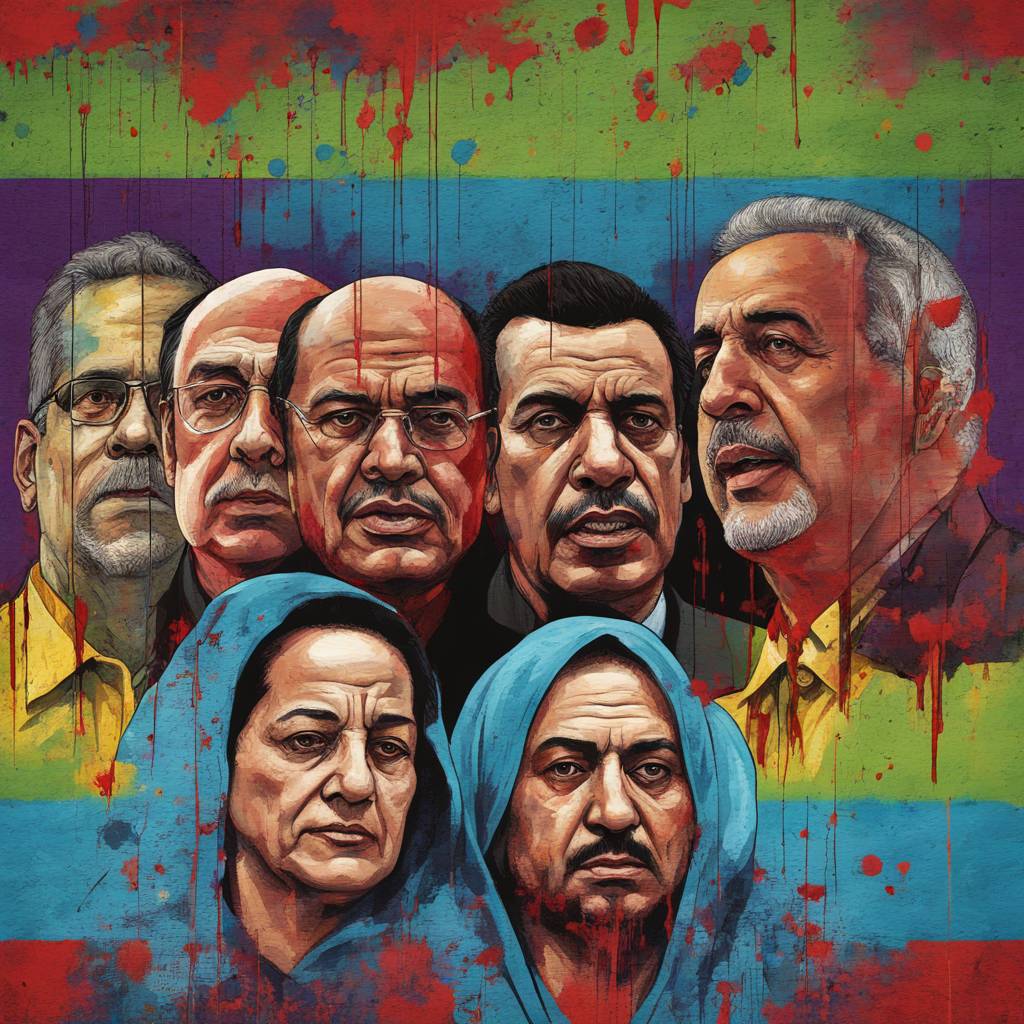The Tunisian court recently issued sentences for the murder of left-wing politician Chokri Belaid, with four people receiving death sentences and two others being sentenced to life in prison. Belaid, the leader of the Popular Front coalition, was assassinated in February 2013, leading to widespread protests and political unrest in the country. The case was reopened last month after a former investigating judge was arrested for concealing certain files, eventually leading to the recent verdict. The assassination of Belaid was the country’s first in decades and prompted mass protests and the resignation of the then-prime minister.
Before his death, Belaid was known for his criticism of the Islamist party Ennahda, which had risen to power following the Arab Spring uprisings in 2011. His supporters blamed the party for being too accommodating to extremists, leading to accusations against them after his assassination. Ennahda leaders ultimately classified Ansar al-Sharia as a terrorist group after the killing of another left-wing politician, Mohammed Brahmi, later that year. This move resulted in the prosecution of several members of Ansar al-Sharia, including its military and surveillance heads.
The assassinations of Belaid and Brahmi, as well as the subsequent unrest, threw Tunisia into a political crisis as the country struggled to transition from dictatorship to democracy. Two dozen defendants were charged in the sprawling case, with one dying in prison and 23 ultimately sentenced. Five were acquitted, while others received sentences ranging from two to 120 years. The delays and complexities of the case led to hours of deliberations before the recent verdict was announced, with supporters of Belaid still awaiting the trial of those suspected of planning his assassination.
Aymen Chtiba, a deputy prosecutor in the terrorism court’s judicial unit, explained that some dismissals were due to similar sentences already handed down in other cases involving the defendants. Belaid’s brother, Abdelmajid Belaid, called the recent verdict a positive step but highlighted that supporters were still looking for justice in the trial of those believed to have orchestrated the assassination. The longstanding impact of Belaid’s murder and the subsequent trials have shed light on the challenges Tunisia faces in transitioning to a more democratic system while addressing issues of extremism and political violence.


